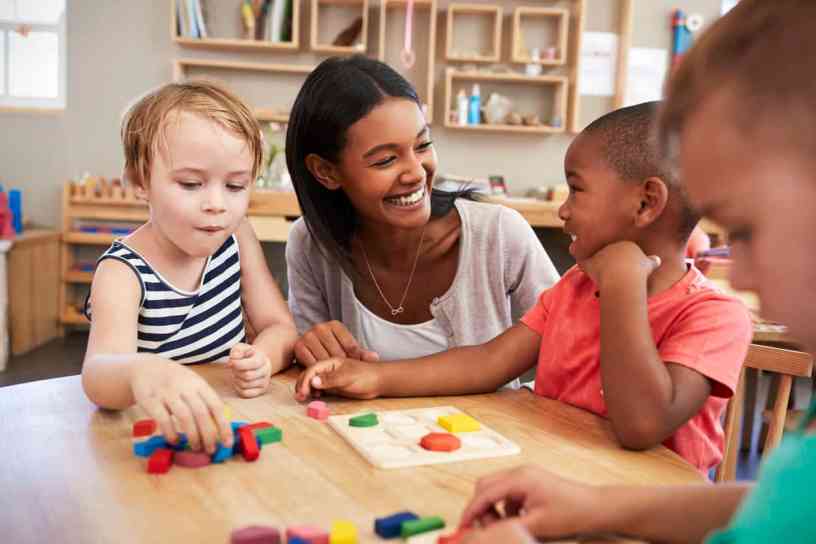Introduction:
As the educational landscape continues to evolve, so do the approaches to teaching and learning for children in 2023. This exploration delves into the transformative trends shaping education for kids, with a spotlight on personalized learning, the growing importance of STEM education, and the changing dynamics within school environments.
- Personalized Learning: Tailoring Education to Individual NeedsIn 2023, the educational paradigm is shifting towards personalized learning, recognizing that each child learns at their own pace and style. This approach involves tailoring teaching methods, content, and pace to meet the individual needs of students. Whether through adaptive learning platforms, differentiated instruction, or project-based learning, personalized education ensures that children receive a curriculum that aligns with their unique strengths, challenges, and interests.
- Importance of STEM Education: Nurturing Future InnovatorsSTEM (Science, Technology, Engineering, and Mathematics) education is gaining prominence as a critical component of a child’s academic journey. In 2023, the emphasis on STEM goes beyond traditional classroom subjects, with a focus on fostering critical thinking, problem-solving skills, and creativity. Integrating hands-on STEM activities and real-world applications into the curriculum prepares children for the demands of the future workforce, where proficiency in these fields is increasingly essential.
- Tech Integration: Enhancing the Learning ExperienceThe integration of technology into the educational experience is a defining trend for kids in 2023. Interactive digital tools, educational apps, and online resources are being seamlessly incorporated into the curriculum to enhance engagement and provide interactive learning experiences. Technology not only facilitates access to a wealth of information but also cultivates digital literacy skills, preparing children for a technology-driven future.
- Project-Based Learning: Fostering Practical ApplicationProject-based learning is gaining traction as a method to promote deeper understanding and practical application of knowledge. In 2023, children are encouraged to work on projects that align with their interests, integrating multiple subjects and allowing them to explore real-world challenges. This approach not only enhances academic skills but also nurtures collaboration, creativity, and a sense of accomplishment.
- Flexible Learning Environments: Adapting to Changing NeedsThe physical learning environment is evolving to meet the changing needs of students. Flexible classrooms, collaborative spaces, and a departure from traditional seating arrangements characterize the modern school setting. These changes aim to create dynamic learning environments that cater to diverse learning styles, fostering creativity and adaptability in students.
- Emphasis on Social and Emotional Learning (SEL): Nurturing Well-Rounded IndividualsRecognizing the importance of holistic development, there is a growing emphasis on Social and Emotional Learning (SEL). In 2023, educators are incorporating SEL into the curriculum to help children develop self-awareness, emotional regulation, and interpersonal skills. This focus on emotional intelligence complements academic learning, nurturing well-rounded individuals capable of navigating complex social dynamics.
- Global and Cultural Awareness: Broadening PerspectivesEducation is expanding beyond borders, with an increased focus on global and cultural awareness. In 2023, children are exposed to diverse perspectives, cultures, and global issues to foster a more comprehensive understanding of the world. This trend aims to cultivate empathy, open-mindedness, and a sense of global citizenship in the younger generation.
Conclusion:
In the educational landscape of 2023, the trends shaping the learning experiences of children are both innovative and purposeful. From personalized learning to the integration of STEM education and the evolution of school environments, these trends are not only preparing children for the challenges of the future but also fostering a love for learning that extends beyond the classroom. As we navigate this era of educational transformation, the focus remains on nurturing young minds to become critical thinkers, problem solvers, and lifelong learners.

